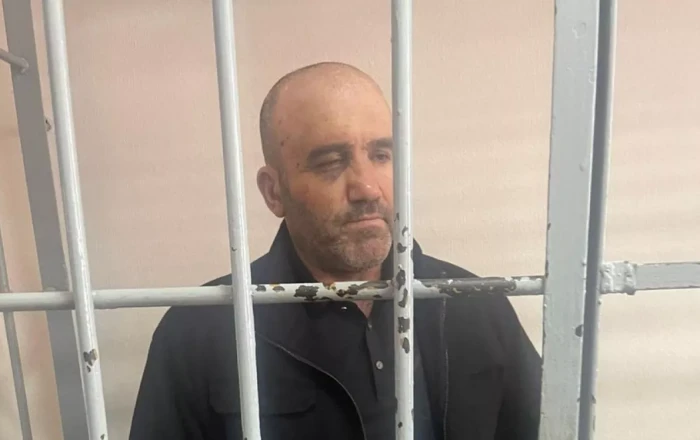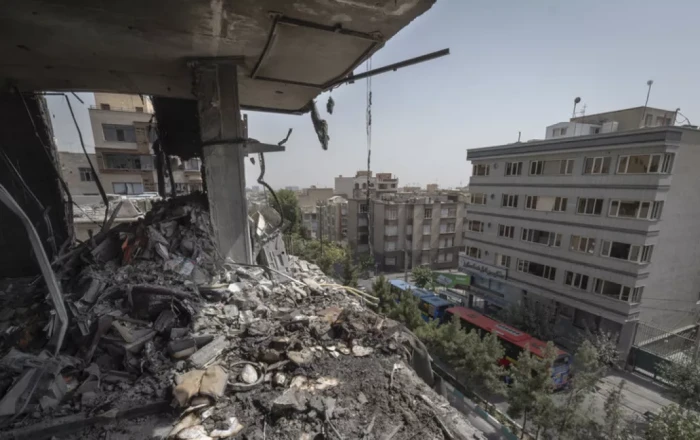A senior Hamas commander was killed in an Israeli airstrike on the Lebanese coastal city of Sidon early on May 7, in a move that risks escalating tensions despite an existing ceasefire agreement between Israel and Hezbollah.
Hamas confirmed the death of Khaled Ahmed al-Ahmed, identifying him as the head of operations for the group’s Western Brigade in Lebanon, Caliber.Az reports, citing Al Arabiya.
According to the group, al-Ahmed was on his way to perform dawn prayers when the strike occurred.
“As we mourn our heroic martyr, we pledge to God Almighty, and then to our people and our nation, to continue on the path of resistance,” Hamas said in a statement.
The Israeli military took responsibility for the strike, stating that al-Ahmed had been involved in weapons smuggling and in planning and coordinating attacks against Israel. It described him as a key operative managing Hamas activity in Lebanon.
Lebanon’s state-run National News Agency confirmed that one person was killed in the early morning strike in Sidon, without initially identifying the victim.
The strike comes despite a truce brokered on November 27 aimed at halting over a year of hostilities between Israel and Hezbollah, including a two-month-long border conflict. Under the agreement, Hezbollah was to pull its fighters north of the Litani River and dismantle its military positions to the south. In return, Israel was expected to withdraw from all Lebanese territory.
However, Israel maintains a military presence in five strategic border positions. Lebanese officials say Hezbollah has abided by the terms of the deal, withdrawing forces and removing most of its infrastructure in the south. Beirut has urged the international community to pressure Israel into fully implementing the agreement and halting its aerial and ground operations.
In a separate development, Lebanon’s Higher Defence Council last week warned Hamas against using Lebanese territory for operations targeting Israel. Hamas has since reportedly handed over several individuals accused of launching rockets into Israel from Lebanese soil in March.
By Khagan Isayev
Source: caliber.az












